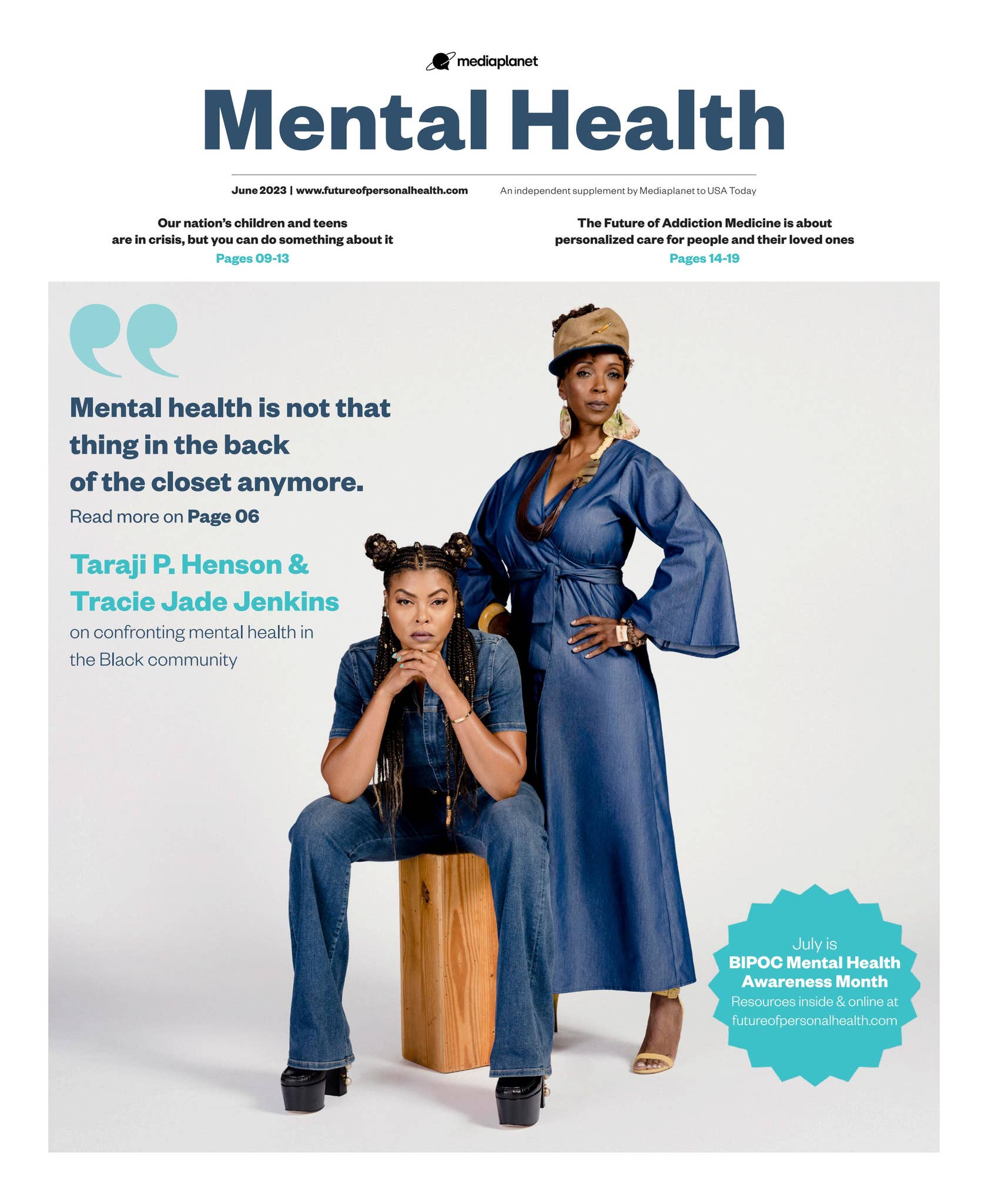
🇨🇦 From National Unity to Personal Empathy: Uniting Against Diabetes Stigma in Canada 🇨🇦
Canadians have a proud history of coming together in times of challenge — from protesting U.S. tariffs to resisting unfounded annexation threats, our sense of national unity is profound. Yet, while we fiercely defend our economy and independence, there exists another significant area requiring our focus at home: the social hurdles confronted by Canadians living with chronic health conditions, particularly diabetes.
Similar to national challenges, diabetes calls for collective understanding and community backing. Regrettably, the stigma and misconceptions surrounding the disease continue to alienate those affected, making an already tough health journey even harder. It’s time to redirect the same solidarity we demonstrate on political and national issues into heartfelt support for our fellow Canadians dealing with diabetes.
📊 The Truth of Living with Diabetes in Canada
According to innovative new research conducted by Diabetes Canada and Environics Research, the social repercussions of living with diabetes are alarming. A survey of 1,799 Canadian adults with either Type 1 (T1D) or Type 2 (T2D) diabetes reveals the psychological and social burdens that accompany the diagnosis — which extend far beyond the medical concerns.
Notable findings include:
– 86% of T1D and 69% of T2D respondents report feeling blamed for their illness.
– More than half of T1D individuals (54%) and nearly one-third of T2D individuals (31%) claim they are treated differently due to their diabetes.
– One in three T1D respondents (34%) and 14% of T2D respondents have faced discrimination, including in the workplace.
These statistics expose a disconcerting reality: numerous Canadians with diabetes are not only wrestling with the challenges of managing their condition but are also burdened by social judgment and misconceptions.
💔 Misunderstandings That Cause Harm
The prevalent belief that individuals “bring diabetes upon themselves” through unhealthy lifestyle choices disregards the scientific intricacies of the disease, which involves factors that are often beyond a person’s influence: genetics, social determinants of health, and environmental factors.
When a person with diabetes faces scrutiny regarding their food choices or receives unsolicited advice like “just eliminate sugar,” it does not assist — it inflicts harm. As the study highlights, such remarks deepen feelings of guilt, shame, and isolation, effectively hindering open dialogues and appropriate self-care.
🙅 The Effects of Stigma on Health
Managing diabetes necessitates continuous self-monitoring, insulin regulation, and dietary planning. Yet, stigma can disrupt this process — some individuals report muting insulin pump alarms during meetings or concealing their condition entirely to sidestep uncomfortable or judgmental looks.
– Nearly 1 in 3 T1D respondents confessed they do not disclose their diabetes status for fear of negative reactions.
– 46% of T1D and 31% of T2D respondents confront diabetes-related distress but refrain from seeking help.
This social stigma has severe ramifications. It not only undermines mental well-being and self-worth but can also lead to life-threatening complications due to neglecting or postponing essential self-care.
💡 A Call for Collective Empathy
Just as Canada shows resilience when united against external challenges, our society must come together to combat the internal challenge of stigma and judgment surrounding chronic conditions like diabetes.
What’s the remedy for stigma? Empathy.
People with diabetes need affirmation of their respect, support, and understanding. A simple inquiry like, “How can I support you?” can make a significant difference. It represents a transition from judgment to compassion, from ignorance to enlightenment.
🌟 Progressing Together
Over 4 million individuals are diagnosed with diabetes in Canada, with millions more at risk. This is not a marginal issue — it’s a national concern. When someone is excluded from social gatherings due to their dietary needs or judged for their healthcare requirements, the entire community suffers from the loss of inclusivity and fellowship.
Now is the time for Canadians to unite — not just in defense of our nation but in solidarity with all those facing struggles within it. Let’s apply the same unity we express during times of geopolitical tension to foster a more supportive, inclusive Canada — where no one feels shame for managing a health condition like diabetes.
Because stigma is a burden that no Canadian should have to bear alone.
🖊️ Authored by: Dr. Michael Vallis, Health Psychologist
📚 Source: Diabetes Canada & Environics Research – Social Experiences of Living with Diabetes in Canada Report
📖 Read the full report here: Diabetes Canada’s Pioneering Research Report.